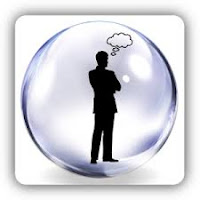In the wake of Pope Francis' three-city tour, brisk sales of his forthcoming rock album Wake Up! are assured.
In Central Park, just one of many stops, he drew more than 80,000 fans—20,000 more than Beyoncé turned out the day after Francis appeared there.
You might argue the Vatican planned the trip to max out Christmas sales of Wake Up!—an acceptable stunt, provided the profits are actually used to aid refugees.
In Central Park, just one of many stops, he drew more than 80,000 fans—20,000 more than Beyoncé turned out the day after Francis appeared there.
You might argue the Vatican planned the trip to max out Christmas sales of Wake Up!—an acceptable stunt, provided the profits are actually used to aid refugees.
But your argument would be sheer casuistry.
Apropos, given that Francis is the first Jesuit pope.
Casuistry is a method of moral reasoning perfected in Europe during the 16th and 17th centuries by the Jesuits.
It is still used today to solve moral puzzles in business, law and science.
Casuistry, derived from the Latin word casus (meaning "case"), studies all sides of a question. It becomes useful when values conflict. For example:
- Should a CEO's duty to maximize shareholder return take priority over protecting the environment?
- Should employees' right to privacy yield to improved productivity?
- Should an employer benefit from the knowledge of workers it hires away from a competitor?
- Should an employee take advantage of a discount offered by a supplier, if free tickets to a football game come with the deal?
The Oxford English Dictionary in fact claims that casuistry "often (and perhaps originally) applied to a quibbling or evasive way of dealing with difficult cases of duty."







